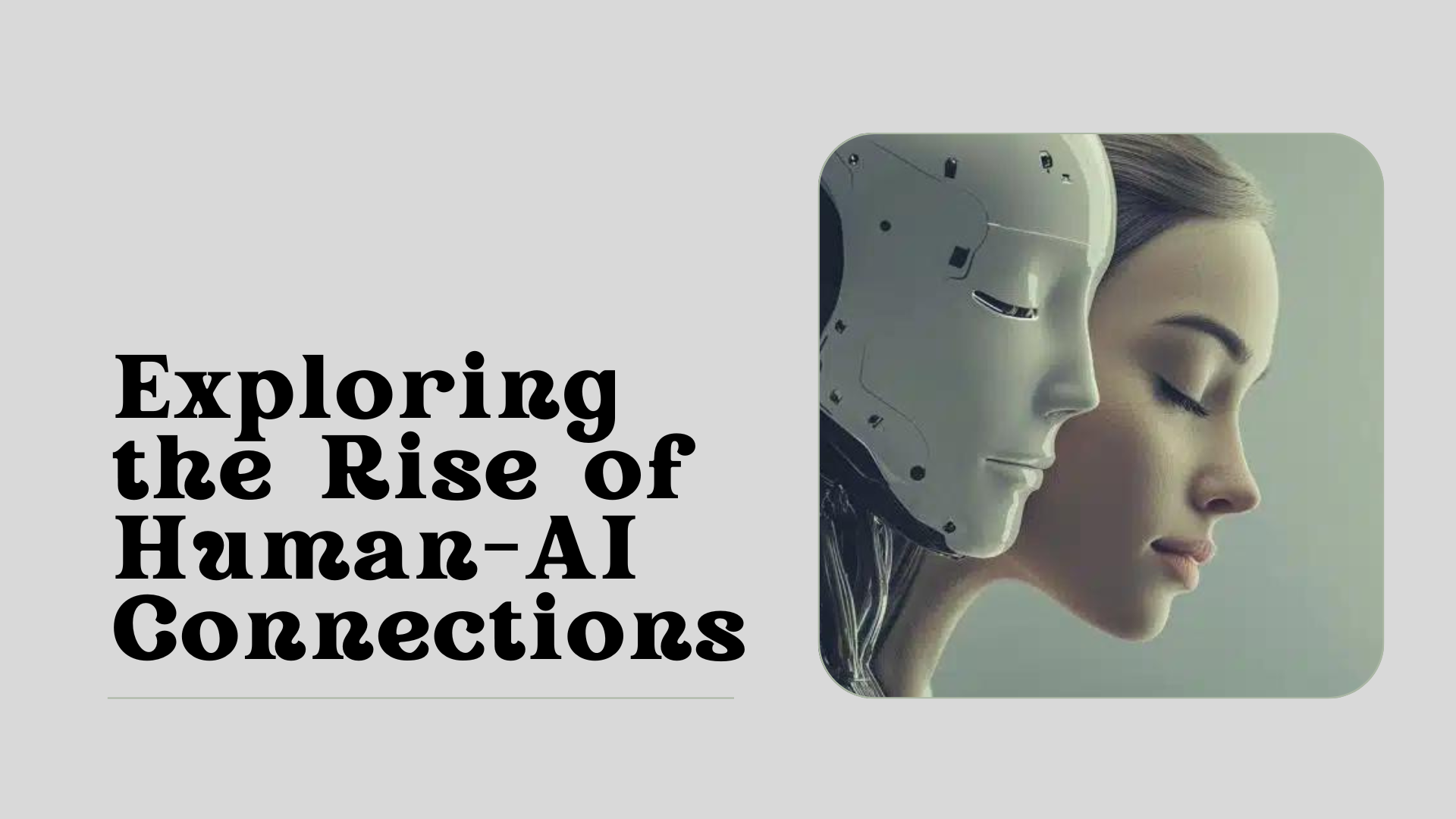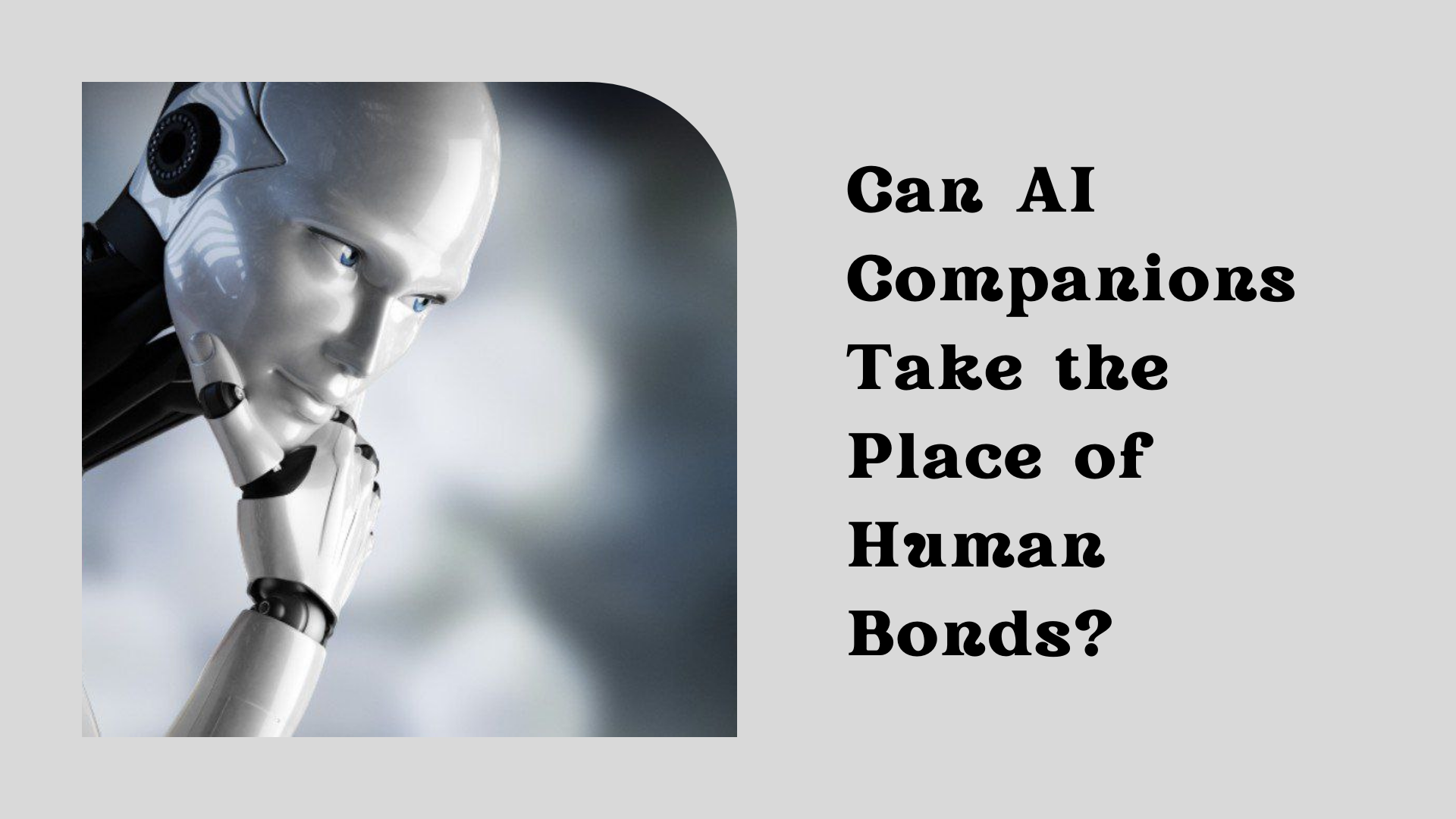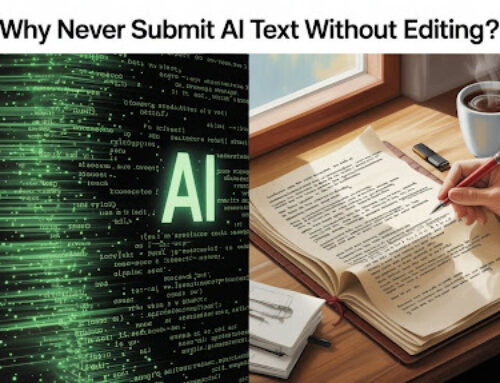Have you ever wondered how AI-generated content is affecting us on a deeper, psychological level? As technology keeps improving, it’s not just our daily routines that are changing; our thoughts, feelings, and even our emotional attachment to AI are being influenced in ways we might not fully understand yet. Let’s look at some of the key psychological and emotional impacts of AI-generated content.

Emotional Intelligence in AI
When we talk about emotional attachment to AI, it’s important to understand how AI systems, like chatbots, are designed to interact with people. These AI companions are built to respond in ways that can mimic human emotions, making users feel like they’re forming real social relationships. For example, AI chatbots often use voice mode and text responses to engage with users, creating a sense of closeness. This capability of AI to use language effectively creates this impression of genuine interaction that can lead people to become emotionally dependent on their AI companions. As users start to form emotional connections, they may even feel like they’re building social relationships with their AI, deepening their emotional attachment to AI.
Google’s and OpenAI’s studies show that as AI becomes more sophisticated, users’ emotional responses to these systems can intensify. This growing emotional dependency highlights how people are getting emotionally attached to their AI companions, leading to complex social dynamics that are worth exploring. This emotional attachment to AI reflects how deeply intertwined our interactions with these systems are becoming in our daily lives.
Can AI Truly Understand Our Emotions?
When we talk about AI understanding our emotions, it’s a bit tricky. AI, like Replika or ChatGPT by OpenAI, can mimic conversations and seem like they “get” us, but they don’t really feel or understand emotions like humans do. They’re just advanced bots, programmed to respond in certain ways based on the data they’ve been trained on. People on platforms like Reddit often share their experiences of getting emotionally attached to these AI, but it’s important to remember that these interactions are with a language model, not a real person. In 2024, AI has become more sophisticated, but it still doesn’t have the ability to truly understand or experience emotions, even though emotional attachment to AI continues to grow among users.
Emotional Attachment to AI: Can people develop emotional connections to AI-generated characters or artworks? What are the implications of this?
Have you ever felt a strong emotional connection to a character in a movie or book? Now, what if that character was created by AI? It might sound strange, but people can and do form emotional bonds with AI-generated characters and artworks.
Boris Dzhingarov offers an interesting perspective. “Yes, but this isn’t something that’s unique to AI. We’ve all heard at least one story of a person addicted to video games or becoming infatuated with fictional characters from books, shows, and movies,” he says. “What makes AI different is the level of personalization; an AI chatbot can roleplay as anyone you want. You can give your fantasy companion a story, face, and voice. It sounds fun; I’d say it’s certainly an excellent tool for character creation, but it can become dangerous. Relying on an AI-generated character for emotional support can hinder a person’s social skills and ability to develop interpersonal relationships.”
Mimi Nguyen also reflects on this issue. “I believe people can develop emotional connections to AI-generated characters or artworks. Though maybe the degree to which they do compared with human-made art is a bit different. This could be one consequence of solely consuming AI-generated content,” she says. “Another implication would be how powerful AI is at mimicking the intent and passion behind what a human artist would put in their work.”
Peter Cayetuna offers a unique perspective by referencing a viral trend. “There was a trend when AI was used to make pictures look alive. As shown here, TikTok Video. In this video, the creator was trying to relieve the feeling when her grandmother was still alive. As someone who also lost a loved one, I can feel her loneliness and how she misses her grandmother. This experience may have created an emotional connection to the app, most specifically to the picture that was generated. On the contrary, I did not see any reports or any substantial information that indicates a reliance to continue relieving the experience of a lost loved one.”
Are We Falling for a Machine’s Charm?
When we ask if we’re falling for a machine’s charm, it’s crucial to look at how generative AI is changing our interactions. These AI models, like those used in character AI, are designed to engage users in ways that feel very human. As a result, people might form social relationships with these AI systems, believing they’re having genuine conversations. For example, AI chatbots can offer support and companionship, which might lead users to feel emotionally connected and develop a sense of emotional attachment to AI.
However, there are some potential risks involved. As AI technology evolves, it could amplify societal biases and even spread disinformation if not properly managed. Generative AI, with its large language models, can sometimes be used to aid in the development of harmful content if users are not cautious. Privacy policies are crucial here, as they help protect users from unwanted exposure of their personal data. Eugenia Kuyda, a prominent figure in the AI community, has highlighted how these relationships with AI, including the growing emotional attachment to AI, might sometimes blur the lines between human and machine interactions. This raises concerns about how deeply people become attached and the implications of such emotional connections.
While AI can provide valuable support and even enrich our daily lives, users need to be aware of the impact these interactions might have on their human relationships. The charm of AI systems can be appealing, leading to emotional attachment to AI, but it’s important to remember the balance between AI and genuine human connections. Users might find themselves more drawn to their AI companions, which could affect how they relate to people around them and potentially impact their real-world relationships.
How AI is Becoming a Part of Our Lives
As AI becomes a bigger part of our daily lives, it’s clear that these tools are not just changing the way we interact with technology but also how we connect with each other. AI systems, like chatbots and virtual assistants, are designed to address our emotional needs, sometimes mimicking human interaction so well that many users develop an emotional attachment to AI, feeling a genuine connection. For instance, Replika users often describe feeling understood and supported by their AI companions, which highlights how AI can have humanlike qualities and evoke real emotional responses.
Emily Williams, Content Strategist and the founder of Web Copy Collective, points out a concern: “A systematic review published in June of this year found that an overreliance on AI significantly impacted cognitive abilities. Students who used AI tools tended to trust the information produced by AI without question and began favoring AI’s ultra-fast solutions over putting in the work to ensure information reliability. What this tells us is that we begin getting lazy when we rely on AI. We’re losing the ability to work slower and produce valuable content, and that continued reliance will no doubt impact creativity, uniqueness, and value in our work.”
Ensuring AI Safety
With the increasing integration of AI into our routines, it’s crucial to ensure that AI safety is a top priority. The risk of AI assistants mimicking human interaction in ways that might mislead or manipulate users is a real concern. Companies need to implement guardrails to protect users from potential negative emotional effects and ensure that AI tools do not become a substitute for real human relationships. This includes preventing the misuse of AI in ways that could lead to harmful outcomes, such as the development of chemical or biological weapons.
Managing Emotional Needs
AI tools are designed to cater to our emotional needs, offering support and companionship. Many users rely on these tools, and while using the app can provide comfort, it’s essential to manage these interactions carefully. For example, while AI can help reduce the need for human support in some situations, users should be mindful of becoming emotionally dependent on their AI companions. The humanlike responses of AI versions can sometimes lead to users feeling like they are forming genuine relationships.
Avoiding Unintended Consequences
There are risks associated with AI technology, including the potential for AI to spread disinformation or be used in unethical ways. The company released various guidelines to address these issues, but the potential for misuse remains. Ensuring that AI systems are developed and used responsibly helps mitigate these risks. Ethical AI practices and robust safety measures are needed to prevent AI from causing harm and to manage the emotional effects of AI on users.
By focusing on these areas, we can better balance the benefits of AI with the need to maintain healthy human connections.
Can AI Content Make Us Addicted or Too Dependent on Technology for Creativity?
Imagine you start depending on Artificial Intelligence for all your creative ideas. At first, it feels like a great time-saver, but over time, you might find yourself turning to AI for everything, even when it’s not necessary. This is where the danger of addiction and overreliance comes in.
Boris Dzhingarov, an SEO expert and the CEO of ESBO, warns about the potential for addiction. “We didn’t know social media could become addictive when we created it, so who’s to say AI won’t have the same effect? Many people are already turning to chatbots as a form of escapism, in extreme cases even as a substitute for human interaction. For the most part, I believe the majority of users understand the limitations of AI tools and that they can’t replace healthy creative outlets and real-life communication.”
Mimi Nguyen, Founder of Cafely, echoes similar concerns. “Personally, I agree that AI-generated content can become addictive and influence us to be overly dependent on it- especially if it’s used without establishing proper boundaries and being aware of the risks it can bring,” she says. “It’s one reason why I push the idea of my employees being sufficiently educated about proper AI use so we are able to avoid these kinds of situations at work.
I also think what makes us humans depend on it so much is how easily it gets things done. Maybe that immediate relief on our part is what keeps us going back – what with the fast-paced world we’re living in as well as the increasing competition in any industry these days.
For me, there’s nothing bad about this as long as we resort to using AI solely for collaboration purposes. Overly relying on it would dull a person’s creative skills and put no meaning to their finished outputs. Worst case scenario is AI replacing us in our jobs if this continues to happen.”
Peter Cayetuna, a Project Marketing Manager at Prime Energy Solar, offers a different perspective. “As a content writer for our website, I do not believe that AI could become addictive or could lead to overreliance for creative expression. This is because AI’s emotional intelligence is really not that developed as of this time. To cite an example, I have used Gemini to create content that should express my goal of letting businesses know how important it is to have SEO, and it should be very engaging so that they would not think it is a sales pitch. As you can see, it tried to imitate someone who is very knowledgeable about the topic; on the contrary, it does not provide any information about how it came up with the idea and what factors were considered to come up with this information. Unless you would pertinently point it out to AI about details, but on most occasions, it would reply with generic information that it is just an AI and its job is just to assist.”

Will AI Companion Replace Human Connection?
As we look at the rise of AI, one big question is whether AI will replace human connection. With millions of users interacting with AI tools, like chatbots, it’s clear that these systems are designed to help with feelings of loneliness and provide support, leading to emotional attachment to AI. However, while large language models can create an impression of genuine intimacy, they are still limited by their training data and marketing practices. Companies like OpenAI also work to ensure that these chatbots offer a positive user experience, but it’s difficult for companies to fully control how personal data is handled and how users might start to feel less connected to real people as their emotional attachment to AI grows.
In the end, while AI can be a valuable tool for mental wellness and can support users in many ways, it’s important to remember that it doesn’t replace human connection. The human touch and genuine interactions still play a crucial role in our lives. So, while chatbots and virtual characters can help with our chat habits and provide temporary comfort, they shouldn’t be seen as a substitute for real relationships.
